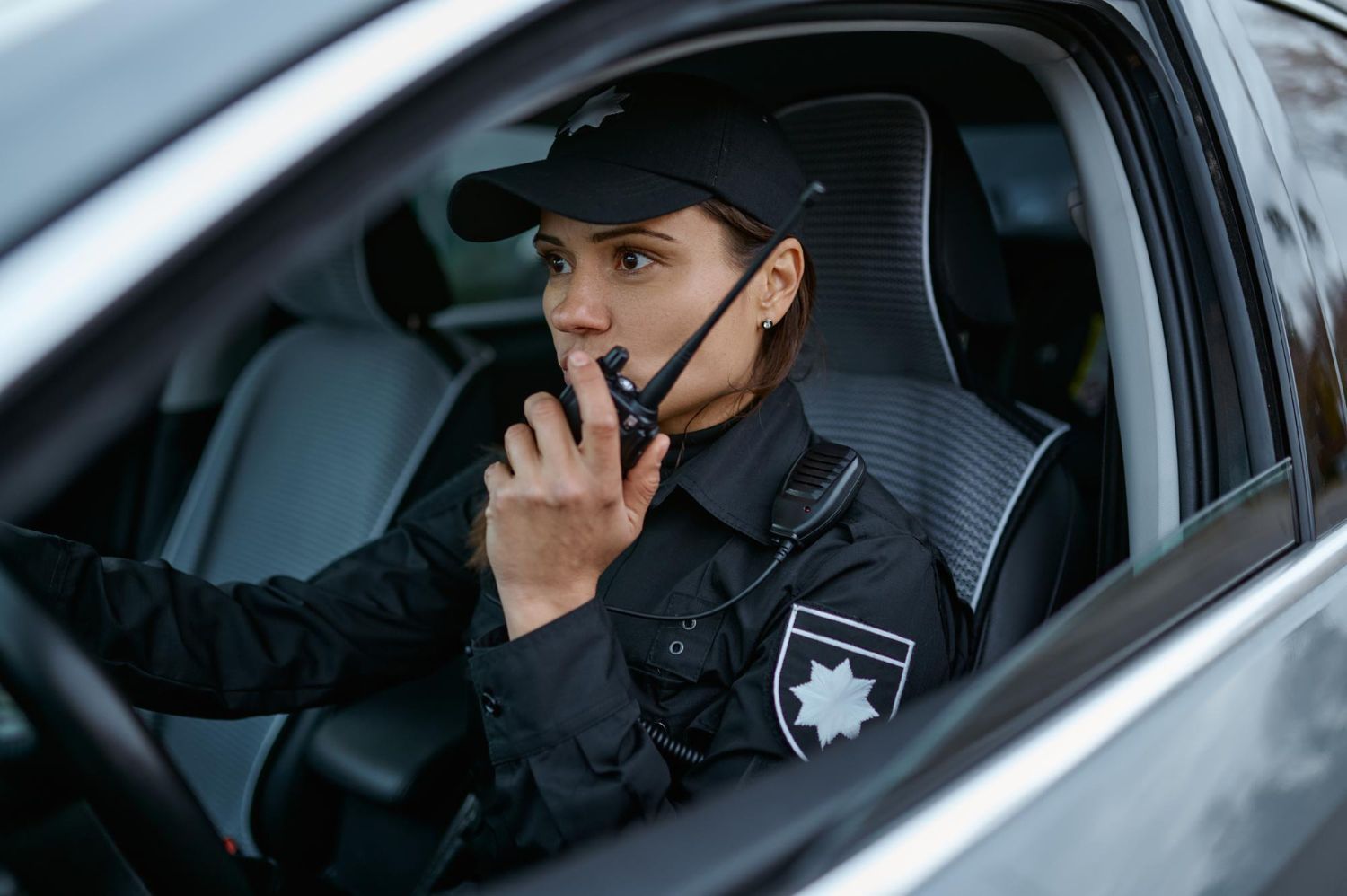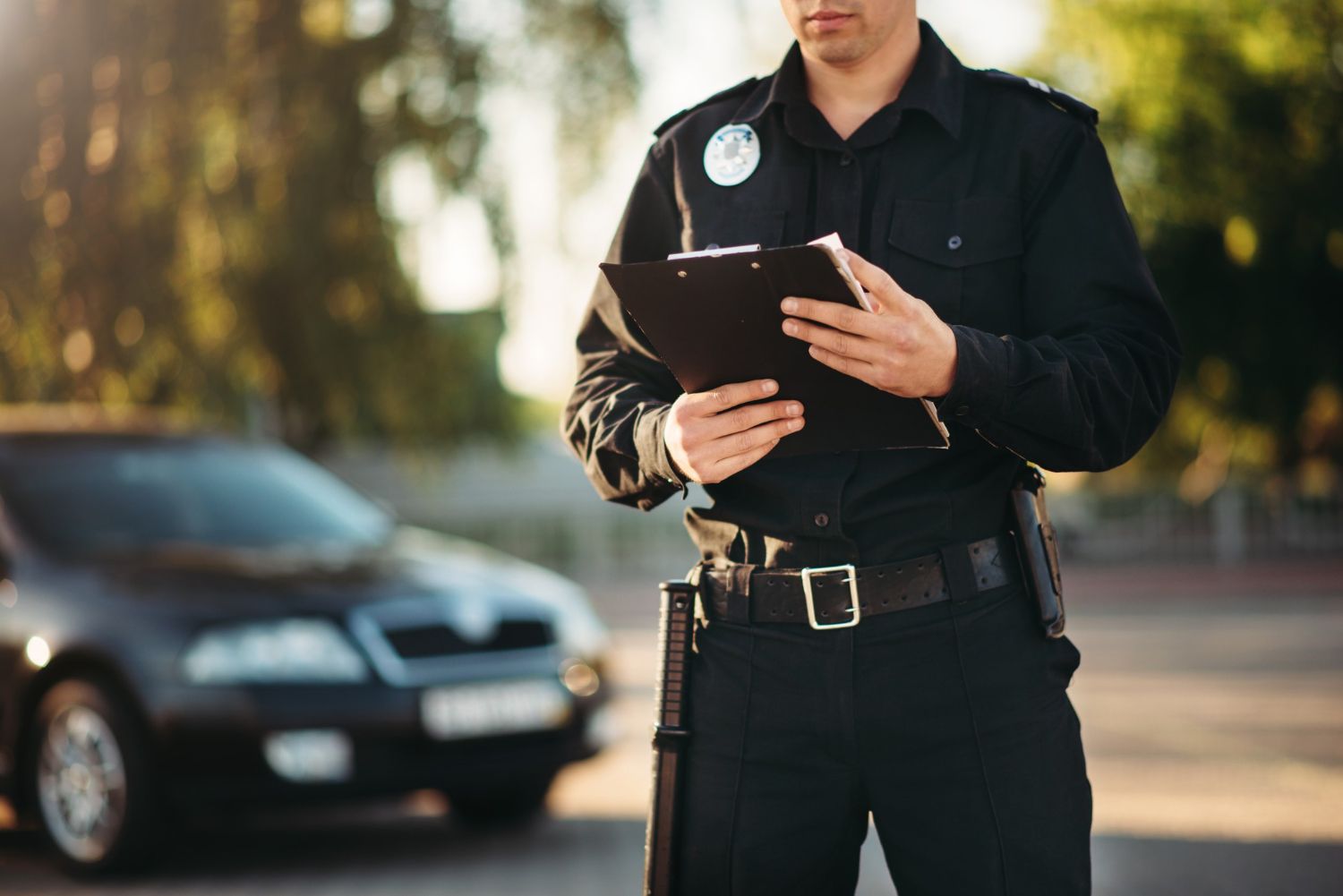Knowing Your Rights During a Police Stop
Written by Law Office of Rolando Cantú, reviewed by Rolando Cantú
Knowing Your Rights During a Police Stop
It can be very intimidating to be stopped by law enforcement. However, it is important to remember that you have rights as an individual in this situation. Knowing what those rights are and how to exercise them can make all the difference during a police stop. In this blog, we will discuss your rights during a police stop in Texas so that you can feel confident and empowered when faced with this scenario.
- What is a Police Stop?
- Why Might the Police Stop You?
- What Are Your Rights During a Police Stop?
- Your Right to Remain Silent
- Your Right Against Unreasonable Search & Seizure
- Your Right To Refuse Field Sobriety Tests & Drug Testing
- The right to an attorney
- What Happens If Your Rights Are Violated During a Police Stop?
- What If the Police Stop Is Unlawful?
- Conclusion
What is a Police Stop?
Also called an investigatory stop, a police stop is when law enforcement stops and/or detains a person to investigate whether they have committed or are about to commit a crime. This can include a traffic stop because of a traffic violation but also applies when officers approach someone on the street or in their home. It also can be a routine traffic stop initiated to establish identity and/or check for outstanding warrants, suspect illegal activity, or illegal items in a person’s vehicle.
During this time, the officer may ask questions and make observations without necessarily filing charges or taking any further action. Traffic stops are the most common type of police stop and usually involve a driver being stopped by an officer for a minor violation such as speeding or running a red light. Also, using the cell phone while driving, not wearing seatbelts, or having a broken taillight are other examples of minor violations of traffic laws.
Why Might the Police Stop You?
Under certain circumstances, police officers are allowed to stop you. For example, if they have reasonable suspicion that you are involved in a crime or if they believe you are about to commit a crime. The police officer may also stop your vehicle for traffic violations or for other reasons related to public safety.

What Are Your Rights During a Police Stop?
When you are stopped by law enforcement, it is important to remember that you have specific rights during this time. Under the 4th Amendment of the United States Constitution, you have certain rights during a police stop. These include:
Your Right to Remain Silent
Under the Fifth Amendment of the United States Constitution, no person has to answer any questions put forth by law enforcement unless they are given their Miranda Rights (“You have the right to remain silent…”). You do not need to answer any questions posed by law enforcement other than providing your name and contact information if asked for it. If you choose not to answer any further questions, simply state that you would like to remain silent or talk with your lawyer first.
Your Right Against Unreasonable Search & Seizure
The Fourth Amendment of the U.S. Constitution also protects against unreasonable search and seizure without a warrant issued upon probable cause by a judge or magistrate. To protect yourself from an unconstitutional search, always politely ask whether or not you are being detained or arrested, and if so, on what grounds? If they cannot provide valid reasoning for why they are detaining or arresting you, then they cannot legally search you without your consent. Again, if they do not have a warrant then politely refuse their request for permission to search without legal counsel present.
Your Right To Refuse Field Sobriety Tests & Drug Testing
If an officer suspects that you are driving under the influence of either drugs or alcohol then they may ask you to submit to field sobriety tests such as walking heel-to-toe in a straight line or reciting the alphabet backward. These tests give officers probable cause for arrest but these tests can be inaccurate due to numerous factors such as medical conditions or lack of coordination on behalf of the suspect.
As such, it is within your rights as an individual to refuse these tests even though refusing them may result in arrest anyway because officers already have reasonable suspicion at this point. Additionally, drug testing is typically done once at the station which means that if officers request drug testing while outside of the station then they typically do not have legal grounds for doing so and thus it is within your right as an individual again to refuse such requests without legal counsel present if necessary.
The right to an attorney
If you are detained or arrested, you have the right to an attorney present during questioning. You can ask for a lawyer at any time during a police stop and you must do so if you feel like any of your rights are being violated or you feel that the officer is acting inappropriately. Never sign anything without consulting a lawyer first, as it could be used against you in court.
A
criminal defense attorney can help you understand your rights and protect you from any false accusations or civil rights violations. If you are ever stopped by the police, it is important to remember that you have certain constitutional rights that must be respected.
What Happens If Your Rights Are Violated During a Police Stop?
If your rights are violated during a police stop, you can file a complaint against the officers involved. In Texas, you can do this through the Texas Attorney General’s Office or other local law enforcement agencies. You may also want to seek legal advice from an attorney if necessary to ensure that all of your rights are being upheld. The best way to protect yourself during a police stop is to remain calm, follow instructions, and not give up any information beyond what is legally required of you.

What If the Police Stop Is Unlawful?
If you believe that the police have stopped or detained you without cause or reasonable suspicion, then you may have the opportunity to file a civil lawsuit against the law enforcement agency. Additionally, if any of your rights have been violated during an unlawful stop such as searching without a warrant or consent then you may also be able to take legal action against the officers responsible. It is important to consult with an attorney as soon as possible so that they can review the details of your case and provide any legal advice you may need.
Conclusion
Knowing your rights during a police stop is essential to protect yourself from potential constitutional violations by law enforcement officers while also allowing you to stay calm and composed during potentially stressful situations involving police interactions. Remembering these three key points—your right remain silent; your right against unreasonable search & seizure;and your right to refuse field sobriety tests & drug testing—can help give you peace of mind should you ever find yourself in this situation here in Texas.
The Law Office of Rolando Cantu is here to help you understand your rights and protect them during a police stop. As an experienced criminal defense lawyer, he has extensive experience protecting the constitutional rights of our clients in Texas. Contact us today for reliable legal advice and representation. We are here to fight for you!











